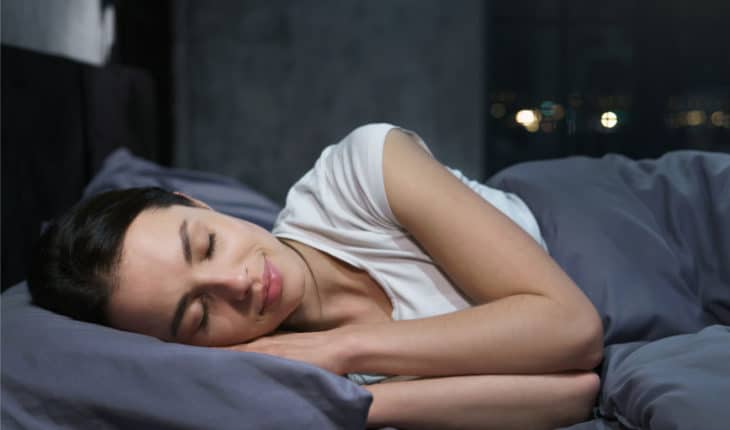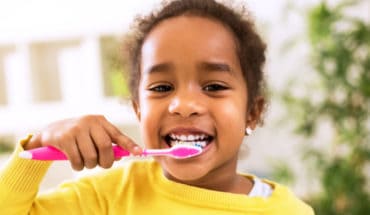Many people may be unaware of just how much their hay fever is impacting on their sleep, which goes on to affect their work, study or school the next day. So how do you get out of this cycle of poor sleep and feeling worse the next day, on top of the debilitating hay fever symptoms? A simple prevention strategy and night time routine could be the answer to your dreams…
In The Impact of Hay Fever – a survey by Allergy UK, ‘a huge number (87%) reported that their allergic rhinitis affected their sleep (or their child’s sleep). This is very significant, as it can impact on how the person functions the next day at school or at work.’
Common hay fever symptoms can lead to tiredness, fatigue and exhaustion in many people. The condition can also affect how we sleep, cause sleep disturbance and make it difficult to get to sleep. These symptoms can in turn zap your energy levels leaving you feeling low and sluggish.
However preventing pollen getting into the bedroom and into your body, together with a simple night time routine could lessen your symptoms and help improve your sleep.
A good start is to keep your bedroom windows and door closed to prevent pollen blowing into the room. If this makes the room too hot, consider using an air filter/purifier with a HEPA (High Efficiency Particle Arresting) filter to capture the pollen and dust particles, and cool and circulate the air. Vacuum the bedroom regularly, including the bed, curtains and other fabrics to remove pollen particles. Damp dust surfaces; damp dusting removes pollen particles without dispersing them into the air where they can be breathed in. And keep blankets and cuddly toys in a cupboard to prevent the build-up of allergens on them.
Dry your bed clothes indoors rather than on a clothes line to prevent pollen particles being blown onto the clothes by the outside wind (this also applies to your other clothes). If you own a pet then ensure that you keep it out of the bedroom. Keeping it well groomed and shampooed will remove pet allergens and pollen particles from its coat.
Pollen grains come indoors and stick to bedding. So frequent washing, covering the bed with a sheet which is carefully folded and stored away from the bed during the night, before you get into bed, and turning pillows just before you get in, can help.
Don’t drink alcohol before bed. Beer, wine and spirits all contain histamine, the chemical that sets off allergy symptoms in your body. In addition to making you more sensitive to pollen, alcohol also dehydrates you, making your symptoms seem worse. And avoid mucus-producing dairy drinks. Excess mucus is exactly what you don’t need if you suffer from hay fever; drink water, fruit tea, herb tea, or non-caffeinated tea instead.
Take a shower or bath before sleeping to remove pollen particles from your hair and body. This will also make you feel more relaxed, which will help you to sleep.
Apply a small amount of drug-free organic allergen barrier balm HayMax around the nostrils and bones of the eyes. HayMax has been proven to trap over a third of pollen before it enters the body. Less allergen, less reaction.”
Sophia comments, “Well done you!!!! I must admit I was a little sceptic of this product, how could it stop my throat and eyes itching from just putting this balm under your nose? I was amazed!!!! It sure helps me sleep well at night, whereas before I used to wake up early hours with itchy eyes and itchy throat!!! Last year I was taking up to 4 hay fever tablets a day…this year I’ve taken none!”
As HayMax is drug-free it is suitable for children and pregnant and breast-feeding women. There are no drowsy side-effects – so, unlike many anti-histamines that people take, it can be used whilst driving and operating machinery, and will not adversely affect performance at work, school or during sports and fitness activities.
HayMax organic drug-free allergen barrier balms have an rrp of £6.99 per pot and are available from independent chemists, pharmacists and health stores, Holland & Barrett, Booths, Ocado, selected Superdrug, Morrisons and Boots, on 01525 406600 and from www.haymax.biz
- The da Vinci 5 Robot Is Set To Transform Bariatric Care: - 31st March 2025
- Beyond money: the hidden drivers fuelling child food insecurity - 31st March 2025
- Tobacco and Vapes Bill - 31st March 2025






